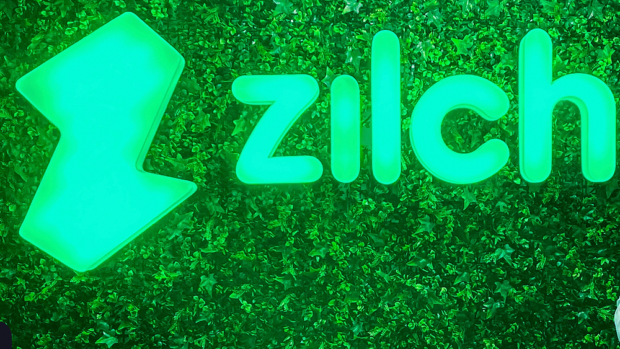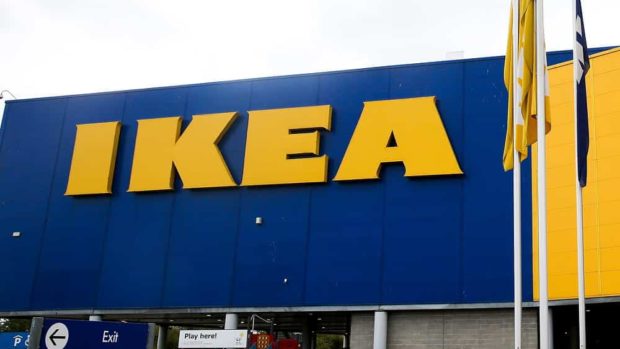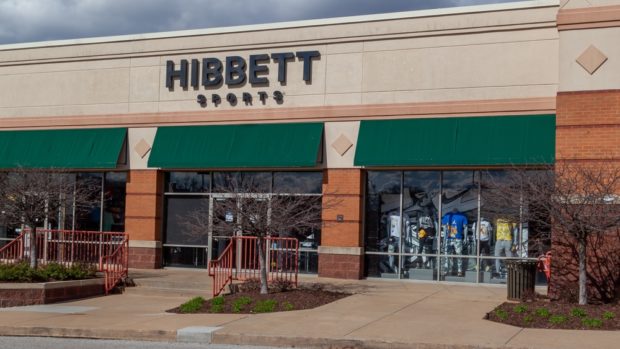
Despite high inflation and macroeconomic uncertainty, UK eCommerce companies significantly increased investment in their businesses during Q1 2023, compared to Q4 2022. According to data released by Juni, a financial platform built for eCommerce, British online retailers have increased spend by 43 per cent, with advertising accounting for 45 per cent of total spend, inventory 19 per cent and tax 9.12 per cent. The data suggests that underlying business confidence is growing amongst UK online retailers.
Google made up ground on Facebook as platforms compete for UK eCommerce ad investment
Advertising spend amongst online retailers typically falls in Q1 compared to Q4, which is traditionally the peak investment period due to Black Friday and Christmas. However, ad spend saw modest gains this year (6.9 per cent), with spend per platform evolving. In Q1 2023, UK companies placed 53 per cent of their ad spend with Facebook, down from 59 per cent in Q4 2022. The second most popular platform was Google (32 per cent), an increase from 25 per cent in the last quarter. TikTok came in third with 3.7 per cent of UK eCommerce ad spend, up from 2.7 per cent. Microsoft was a surprise entry to the top five, securing 2.2 per cent of investment – increasing from 0.45 per cent. While Snapchat claimed 0.7 per cent, a 300 per cent increase from the last quarter.
This is a very different picture from Europe, where overall ad spend increased by 20 per cent. Across the EU, Google took 60 per cent of eCommerce ad spend in Q1 2023 (even more pronounced in Sweden at 66.15 per cent), Facebook claimed 31 per cent, Microsoft 2.6 per cent, Taboola 2.1 per cent and Amazon 1 per cent.
“While a 6.9 per cent increase in ad spend may not seem significant, UK retailers would typically spend substantially less in Q1 than in Q4”, said Samir El-Sabini, co-founder and CEO at Juni. “This suggests a high level of confidence amongst British companies – especially online retailers and fashion stores – that they can weather the macroeconomic challenges and continue to grow their businesses.”
Inventory booms, software softens
For Q1 investment in inventory grew significantly vs. Q4 2022 – some 197 per cent – now accounting for 19 per cent of overall spend for UK online retailers. This is not just significant in itself, but also in comparison to retailers across the rest of Europe, where inventory spend decreased by 2.9 per cent. and where inventory claims just 4 per cent of their spend.
Investment in software reduced by 11 per cent amongst UK online retailers in Q1 compared to Q4, whereas European companies were more stringent, cutting back 58 per cent of their spend. Major areas of investment are sales support platforms, such as Zendesk and LinkedIn, and cloud, AWS, Google Cloud and Microsoft Azure, representing 17 per cent and 8.7 per cent of software spend across the entire cohort respectively.
“Whether it’s UK retailers taking advantage of bulk pricing or planning for a significant increase in sales, it’s encouraging to see the sector backing itself with increasing inventory spend,” comments El-Sabini. “The reduction in software spend is mildly concerning. eCommerce companies should be continually investing in new, software-enabled capabilities to better support their customers and their businesses. Overall, the UK eCommerce sector seems optimistic about the future and is actively investing in its growth.”








Share